15 Best Sega Genesis RPGs Ever
Move over, SNES. These Sega Genesis RPGs do what Nintendon't!
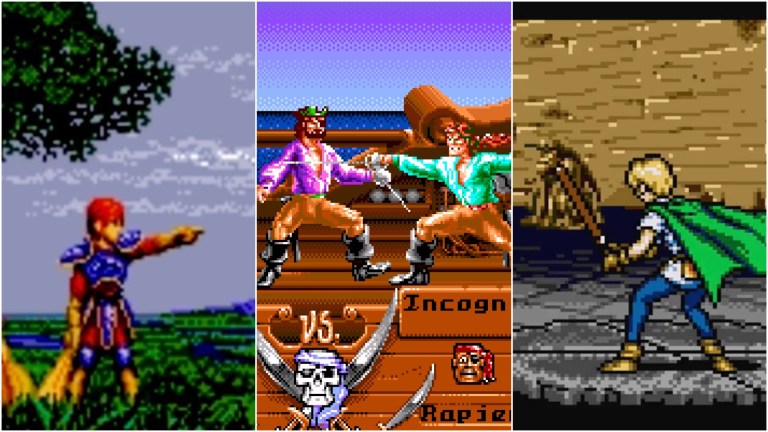
In the midst of the 16-bit console wars, the Sega Genesis and SNES appealed to different types of gamers. The Genesis had better sports and fighting games. The SNES excelled at platformers and RPGs. Thanks to early SquareSoft classics like Final Fantasy VI and Chrono Trigger, the SNES is still viewed as the definitive RPG machine of the era.
That doesn’t mean the Genesis lacked excellent role-playing adventures, though. In fact, it even had a few RPGs that are at least as good — if not better — than what could be found on the SNES. These are the 15 best Sega Genesis RPGs:
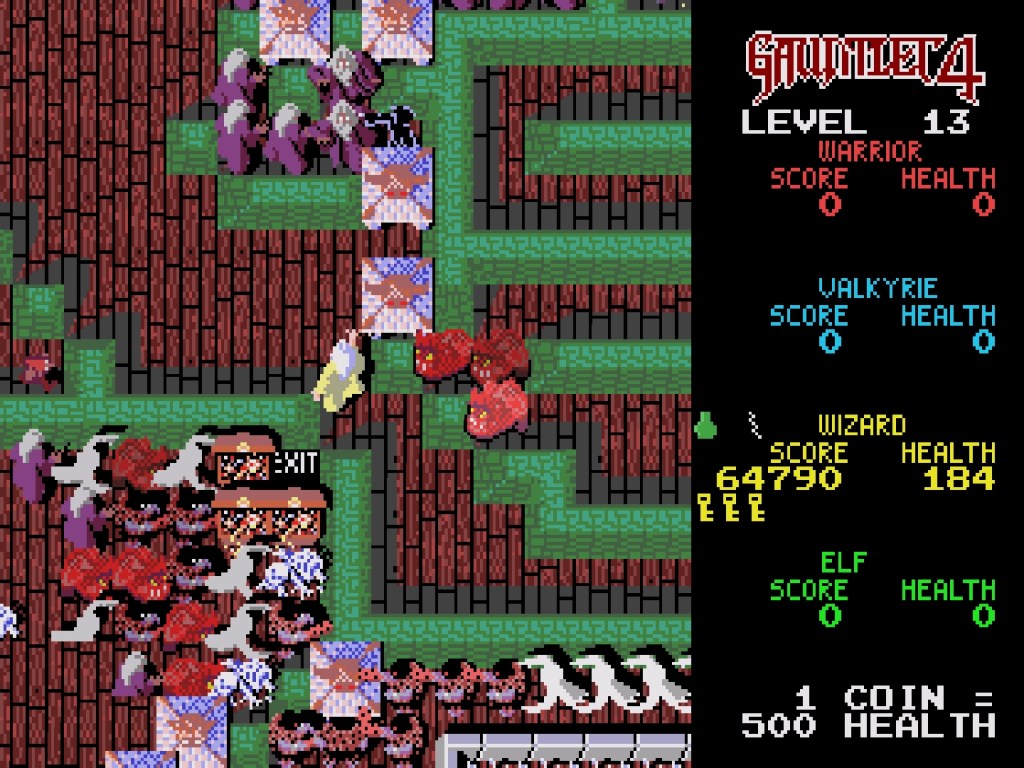
15. Gauntlet IV
The Gauntlet series has inspired numerous action, hack and slash, and loot fests since its inception in the 1985. This Genesis sequel originally started life as a fan made port of the original game, but soon grew into something bigger, adding a dedicated quest mode with leveling system, death match, and a new arcade mode that keeps track of progress via password.
While there have been several attempts to resurrect the Gauntlet franchise since Gauntlet IV, none have really captured the pure, unadulterated joy of firing up this classic with a friend and slaying hundreds of baddies in an afternoon.
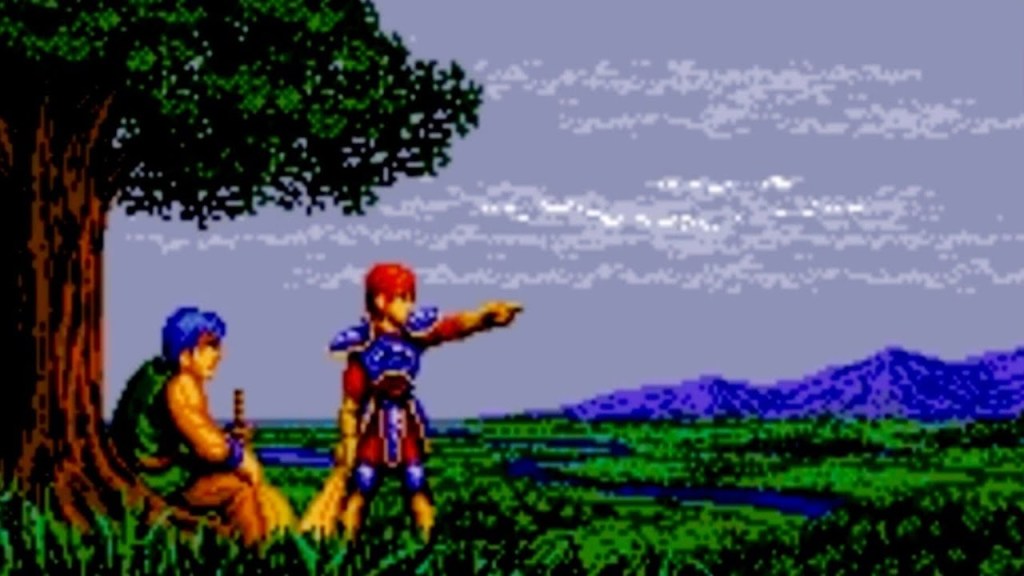
14. Ys III: Wanderers From Ys
The long-running Ys series has undergone something of a renaissance in recent years with a couple of top tier new releases, but for anyone curious to see the series’ more humble beginnings, Ys III is an excellent place to start. It’s not the longest or best written RPG for the Genesis but does offer several hours of very solid side-scrolling action. This is also one title where the Genesis version soundly trounces the SNES port, thanks to a superior translation, higher quality music, and even slightly better graphics.

13. Syndicate
While most RPGs of the ‘90s explored Tolkien-esque fantasy settings, Syndicate was one of the first to explore a very different type of world, a cyberpunk dystopia where megacorporations vie for global dominance. Along with the unique setting, Syndicate distinguished itself with more action-oriented shooting gameplay, as you controlled a team of cyborgs.
The Genesis version of Syndicate doesn’t quite hold up as well as the PC version, but is still pretty darn enjoyable. It’s just a shame that the series never really caught on with a wider audience, and a 2012 reboot completely abandoned the series’ RPG roots.
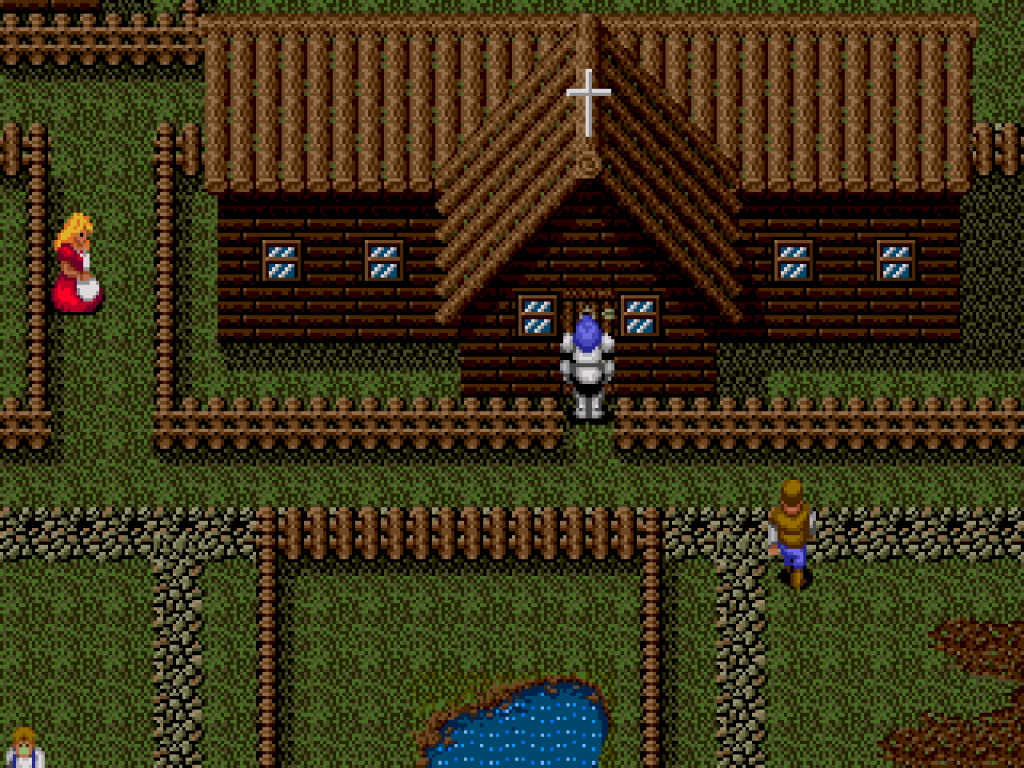
12. Sword of Vermillion
When Sword of Vermillion launched as one of the first RPGs on the Genesis, Sega claimed that it offered a whopping 300 hours of gameplay. That turned out to be a gross exaggeration (think maybe 20 hours or so), but it’s still one of the lengthier and more unique RPGs of the early ‘90s.
What people either love or hate about Sword of Vermillion is its varied gameplay. There’s a typical overhead view for the overworld, yet dungeons are explored from a first-person perspective. When a random battle is triggered, it plays out similar to The Legend of Zelda. Then boss fights change things up again and play out like a side-scroller. It’s definitely not for everyone, but it still has a certain charm for retro fans.

11. Light Crusader
Released late in the life cycle of the Genesis, Light Crusader was largely overlooked as attention turned to the more powerful 32-bit consoles. But as any gamer who has stuck with a console to the bitter end can tell you, that’s often when some of the best games are released.
Developed by the legendary Japanese studio Treasure (which made many of the Genesis’s best games), Light Crusader is an excellent mix of fast combat and solid puzzles in an isometric perspective. Many reviewers didn’t care for the graphics, or felt that it was too easy at release, but it turns out those design choices have aged quite well, and Light Crusader now has a small but devoted fanbase.
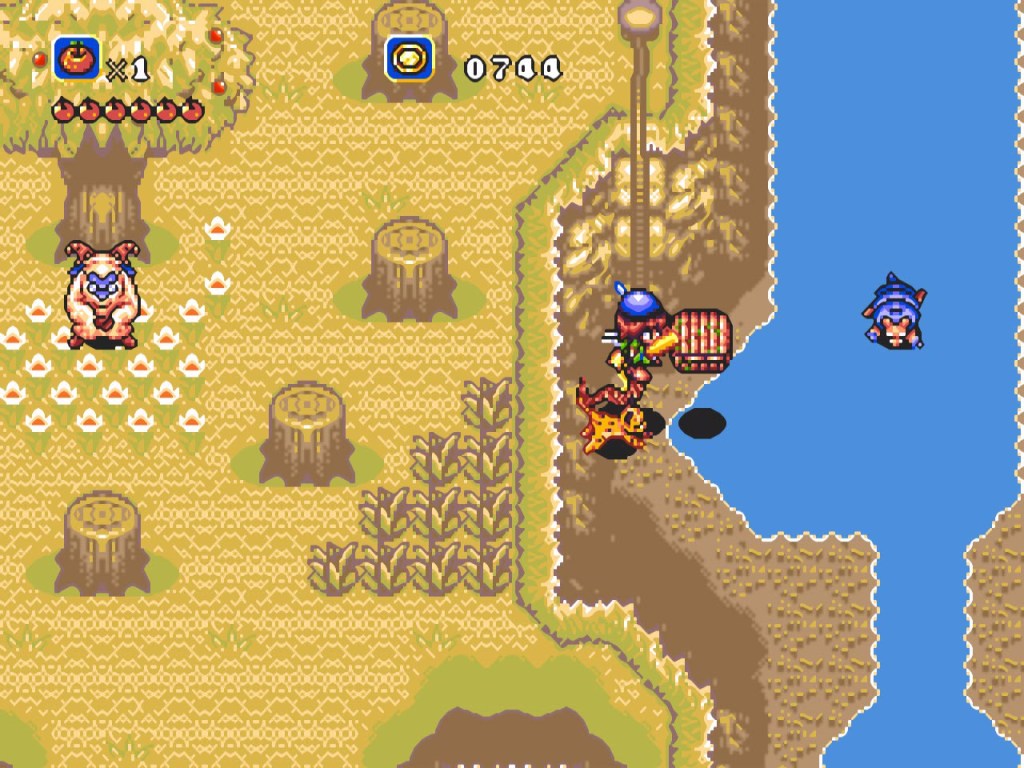
10. Crusader of Centy
Squint a little bit, and you might just mistake Crusader of Centy for The Legend of Zelda: A Link to the Past. Many of the enemies, levels, and even the HUD have more than a passing similarity to Nintendo’s classic franchise. Is that such a bad thing? Not entirely in this case.
Crusader of Centy isn’t going to win any awards for originality, but the gameplay holds up well (it’s even a little faster than Link to the Past), making it one of the more enjoyable Zelda clones of the era, even if it is on the short and easy side.
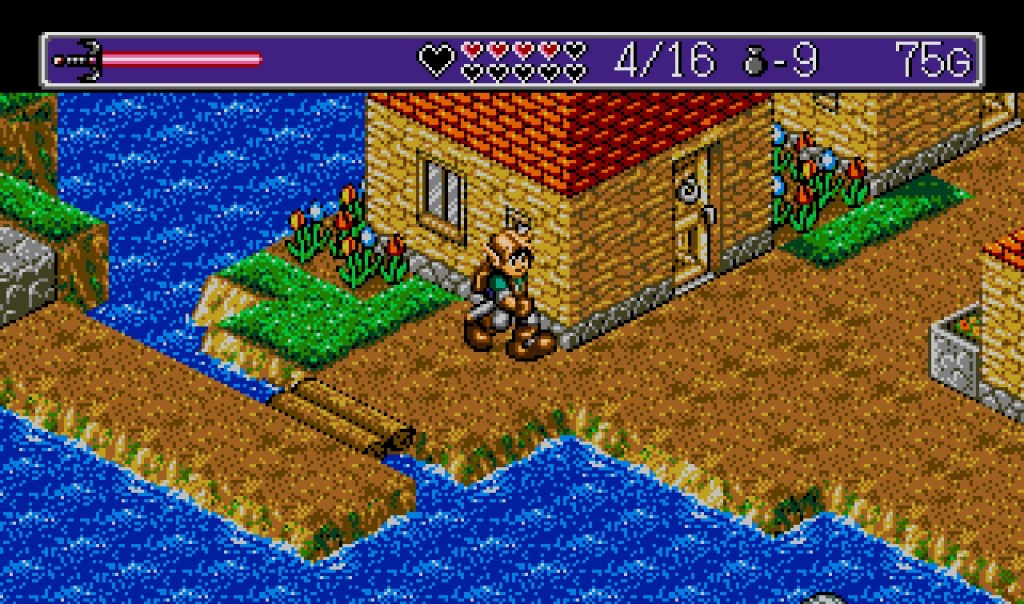
9. Landstalker
Landstalker has also received its fair share of comparisons to The Legend of Zelda, but in some ways is a much more innovative game, thanks to its isometric perspective and more open world design. Yes, you’re an elf with a sword going on an epic adventure, but that’s about where the comparisons end. Landstalker is the much less linear game that the Zelda series wouldn’t evolve into for years to come.
Despite strong critical acclaim and good sales at release, Landstalker never received a proper sequel, though several members of the development team went on to create the spiritual successors Dark Savior for the Sega Saturn and Alundra for the original PlayStation.
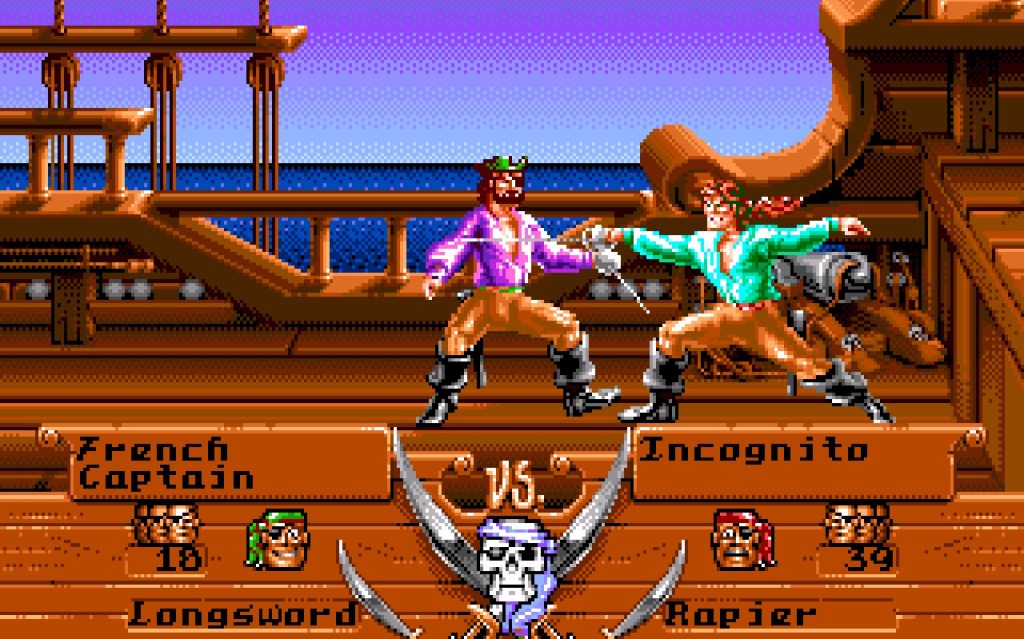
8. Pirates! Gold
Who among us hasn’t dreamt of commanding a galleon to sail the seven seas, plundering loot and living the life of a pirate? Sid Meier’s Pirates! has made that dream a reality for decades now with its open-ended mix of sailing, swashbuckling, and dueling, as you and your crew attempt to complete the Ten Great Pirate Quests. While the Genesis remake Pirates! Gold is a bit more of an action game, it’s also just enough of an RPG to make this list. And despite PC ports of the era were usually known for being quite inferior when they made it to console, Pirates! Gold actually looks much better on the Genesis than its home computer counterparts.
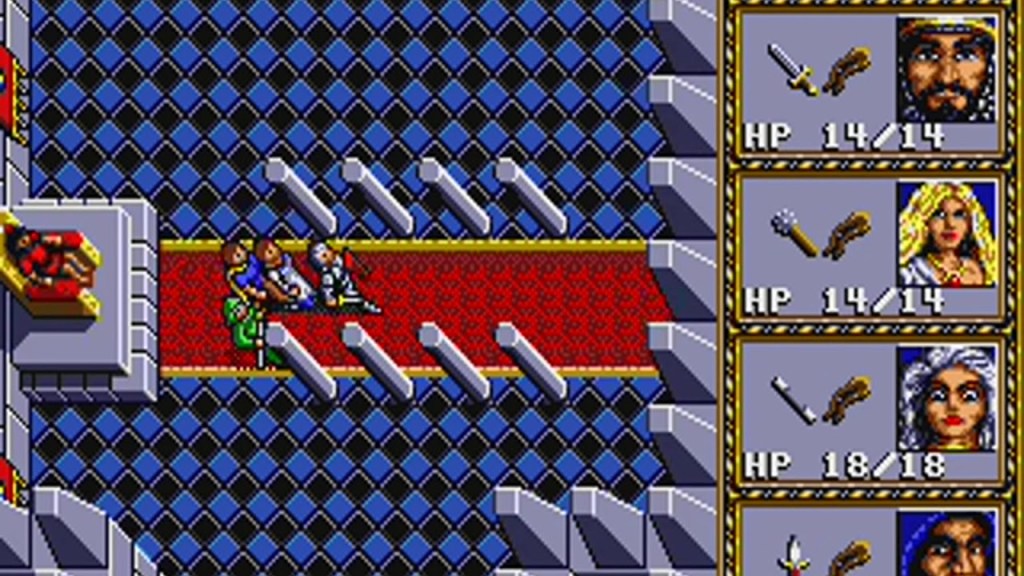
7. Dungeons & Dragons: Warriors of the Eternal Sun
It seems like the Dungeons & Dragons franchise always makes it onto best RPG lists one way or another. Admittedly, Warriors of the Eternal Sun isn’t the best D&D game. Much of the gameplay is clearly copied from Final Fantasy, but what it lacks in creativity, it makes up for in customization options. You’re able to customize your party of four from seven unique classes.
While the game also features really solid turn-based combat, the graphics weren’t great even back then, and it can be hard to look at today. It’s also one of the more difficult 16-bit RPGs ever made, but of course you can work around that if you play it on an emulator.
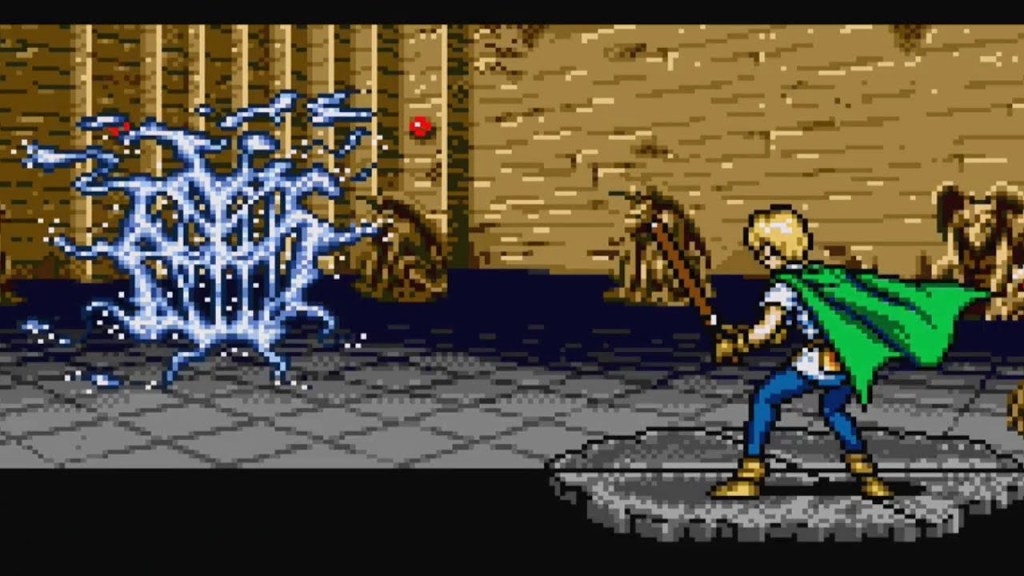
6. Shining Force II
While well regarded by critics and gamers alike, the Shining series is rarely mentioned among Sega’s top tier franchises. It’s more of a workhorse, just quietly releasing another excellent tactical RPG or spin-off every few years.
To many gamers, Shining Force II is still the pinnacle of the series, a sprawling epic about repelling a demon invasion featuring deep, strategic combat and an upgrade system for units that requires knowing exactly when to promote them to more powerful classes. Shining is Sega’s robust response to Nintendo’s Fire Emblem series.
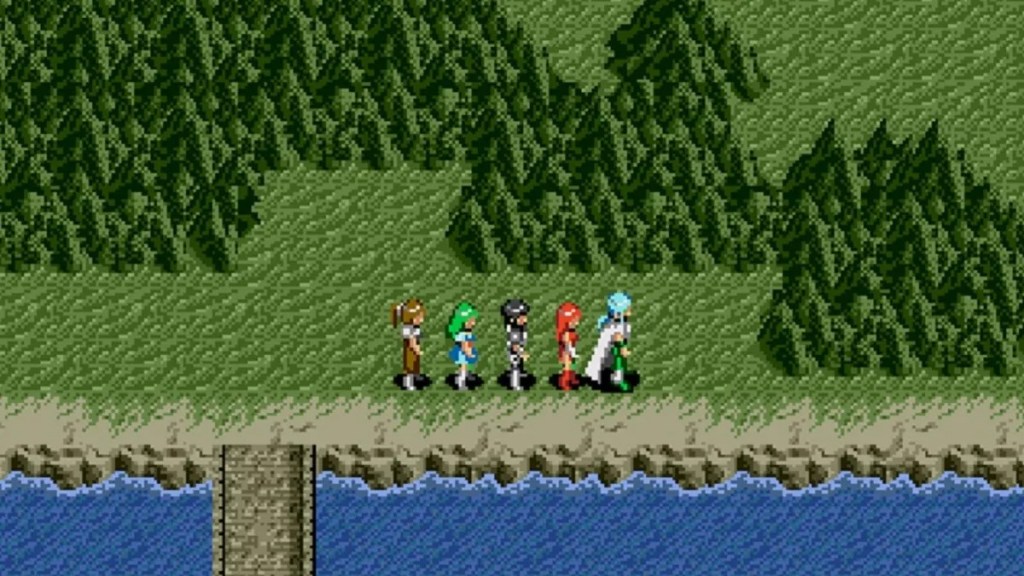
5. Phantasy Star III
The word “epic” is often thrown around when describing RPGs, but Phantasy Star III is a true epic in video game form, thanks to its decades-spanning story covering three generations of characters. At two points during the game, your main hero has a choice of who to marry, and that choice then determines the abilities of their child, and eventually the game’s ending. It’s such an awesome little idea that sadly few other RPGs have picked up on.
Add in the excellent turn-based combat that the series was well known for by this point (with a new auto battle feature), and it’s easy to see why Phantasy Star helped the Genesis weather the storm of Square’s RPG onslaught on the SNES.
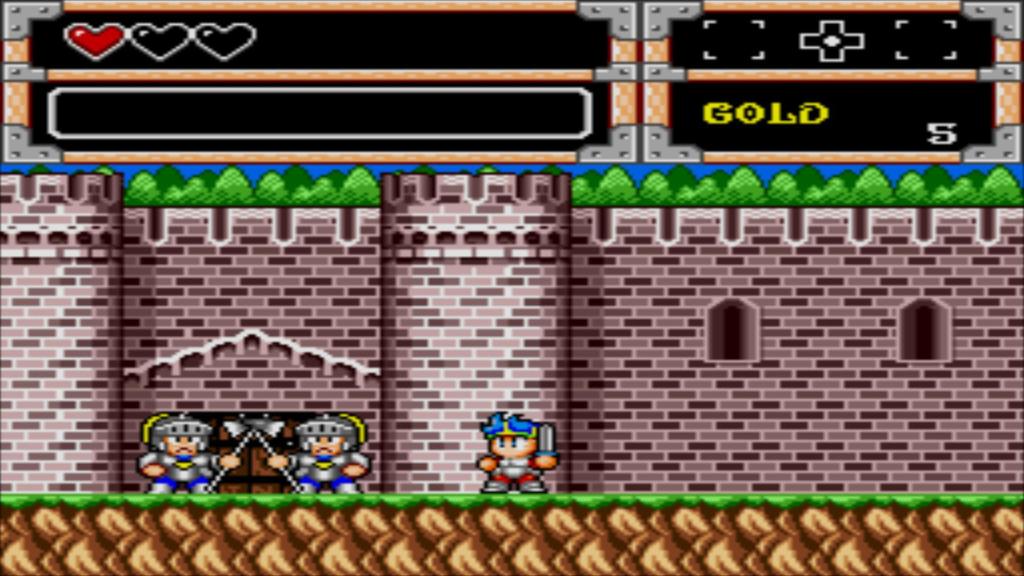
4. Wonder Boy in Monster World
Platformers absolutely dominated the gaming landscaping in the ‘90s — and most were terrible licensed fare. But Wonder Boy in Monster World was one of the first to truly move the genre forward by including RPG elements, like townspeople you could converse with, magic spells, and new gear that made Shion more powerful as the adventure progressed. It really reinvigorated what would have been a fairly standard platformer on its own. It may not seem like much of innovation now, but that combination has easily inspired hundreds of imitators both from AAA and independent developers over the last few decades.
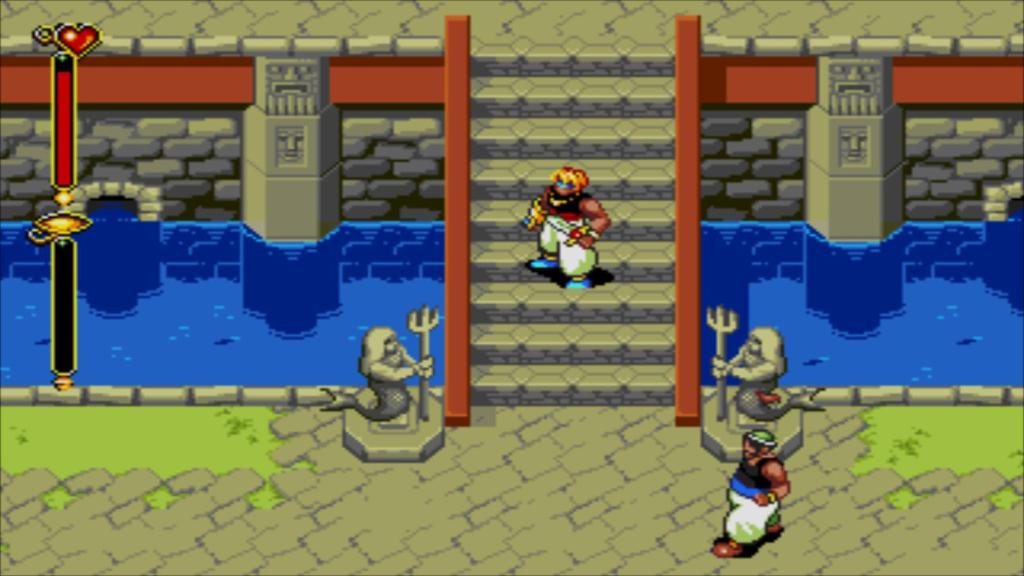
3. Beyond Oasis
Beyond Oasis is one of the more criminally underrated Genesis games, a top tier action RPG with varied combat, some of the best graphics on the system, and a lengthy story. You play as Prince Ali, who, after discovering a golden armlet, must track down four spirits to defeat a great evil. It may not be the most original story, but it’s told really well.
It’s not an exaggeration to say that Beyond Oasis is on par with other 16-bit greats like Secret of Mana. Sadly, other than an even better Sega Saturn sequel, the series has been dormant for decades, though Sega does at least usually include Beyond Oasis in its Genesis retro releases.
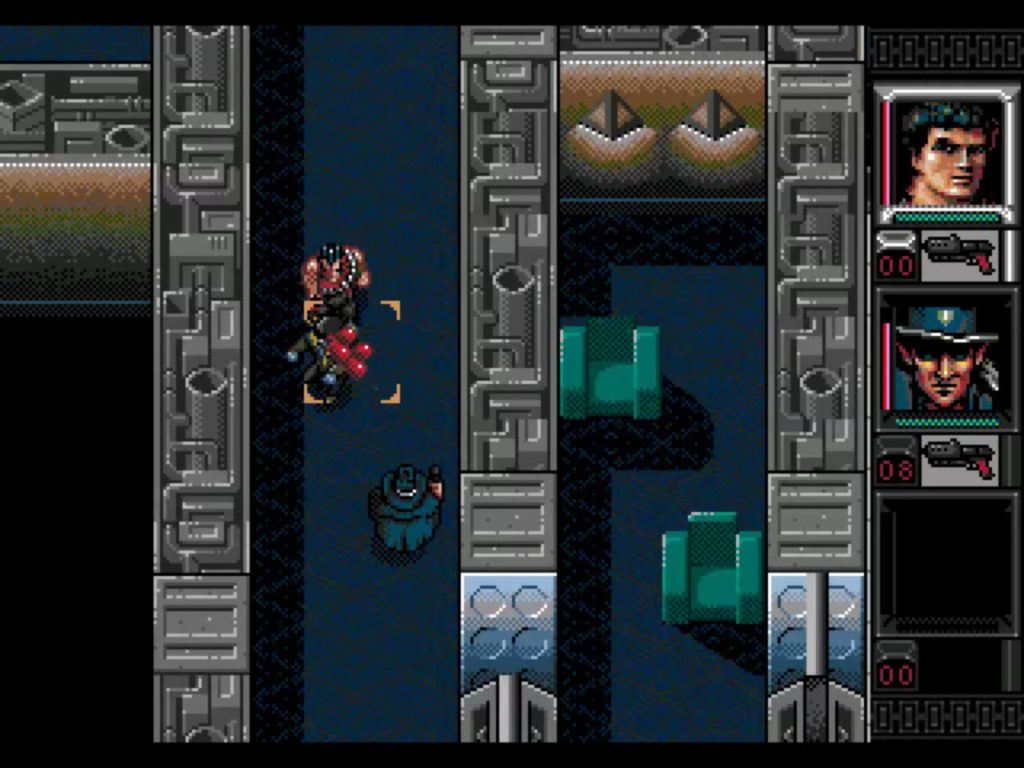
2. Shadowrun
Nowadays, if a game is released for multiple platforms, the differences between those releases are barely noticeable. Ports on multiple platforms could differ greatly from each other during the 16-bit era, however.
Shadowrun for the Sega Genesis might share its name with a SNES RPG, but that’s where the similarities end. This version of Shadowrun is a completely different, superior game with better graphics, rock solid real-time combat, and a deeper, more open-ended story. Plus, you can play as a gator shaman, which is a class that more RPGs really need to include.
Shadowrun remains not just one of the best RPGs of all time, but one of the best cyberpunk games ever. There’s a reason why fan demand eventually resurrected the series almost two decades later.
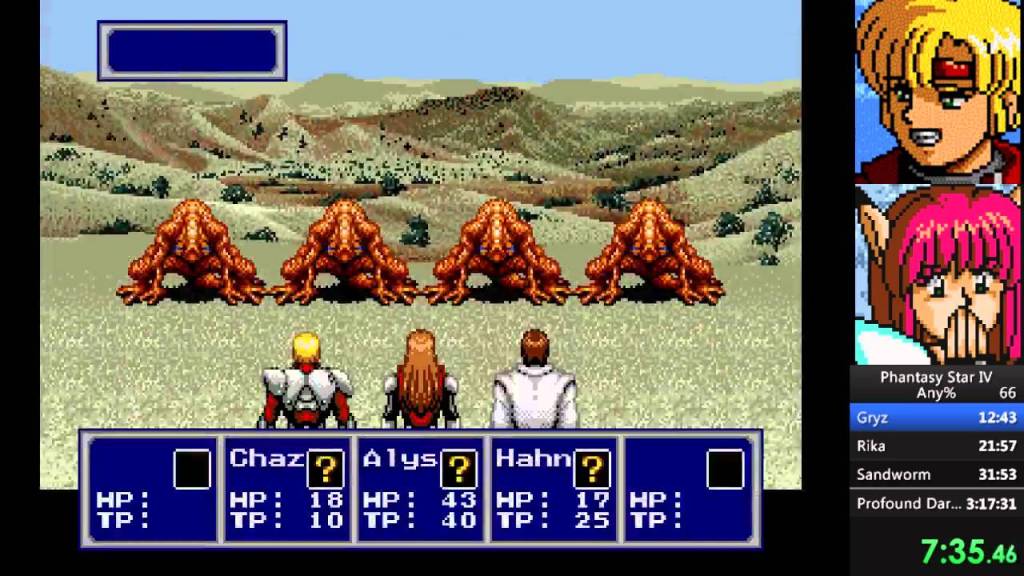
1. Phantasy Star IV
The Phantasy Star series was well regarded from its inception on the Master System, but with this fourth entry, Sega produced something truly special, a futuristic epic that begins with the simple quest of slaying monsters that then spirals into a much wider conspiracy that threatens the entire Algol solar system. It even manages to tie into all three previous games. The graphics and music are top notch for the Genesis, and the combat system, while turn-based at heart, lets you stack attacks to create powerful combos, making it one of the best in any 16-bit JRPG.
It’s true that the RPG library of the Genesis was a little lacking compared to the SNES, but Phantasy Star IV easily bests many of the RPGs on that console, and still holds up as one of the greatest games ever made. This title alone made the Genesis a must own for any RPG fan.
